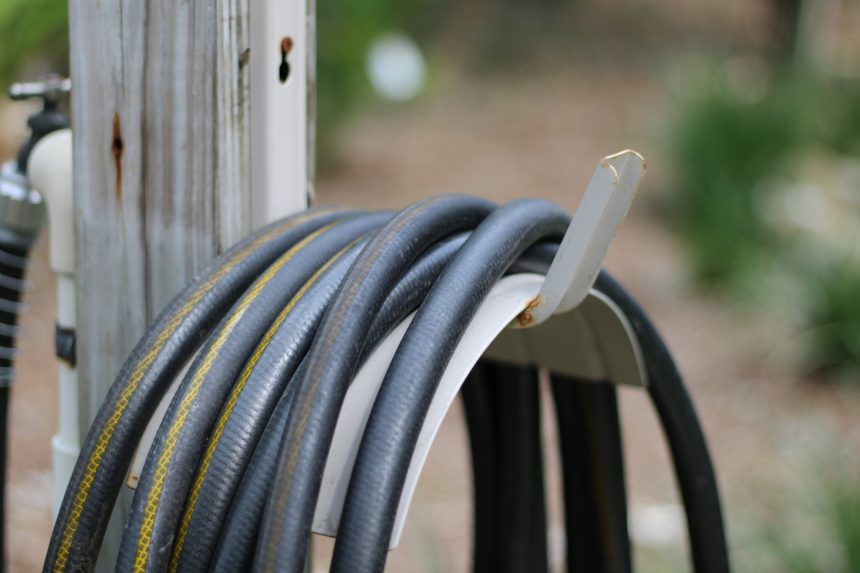Ghana’s Cabinet has approved a landmark “Dig Once” policy requiring fibre-optic ducts and access chambers to be built into all new road projects — a move officials say will transform the country’s digital infrastructure landscape.
Why it matters
The policy eliminates the need for telecom operators to repeatedly dig up roads to lay fibre, cutting costs, reducing network disruptions, and speeding up broadband deployment nationwide.
Driving the news
The announcement was made by the Minister for Communications, Digital Technology and Innovations during a high-level session at the Africa Tech Festival in Cape Town.
- The proposal was championed by the Ghana Chamber of Telecommunications after years of advocacy.
- The minister described the decision as “transformative,” saying it positions Ghana as a continental leader in infrastructure-led digitalisation.
What they’re saying
“Every new road is also going to be a digital road,” the minister said.
“Contractors will now build fibre chambers alongside roads, eliminating the capital cost of digging for telecom operators and enabling faster, cheaper and more sustainable network rollout.”
Sylvia Owusu-Ankomah, CEO of the Digital Chamber of Ghana, called the approval “a bold and visionary step that will shape Ghana’s digital future.”
By the numbers
- 60% of fibre cuts in Ghana stem from road and construction activity, according to the Chamber.
- US$69.3M projected industry spending on fibre repairs from 2021 to Q3 2025.
- Fibre cuts remain one of the top causes of nationwide network downtime.
The big picture
Integrating fibre ducts into all new roads is expected to:
- Reduce fibre cuts and network outages
- Lower broadband deployment and maintenance costs
- Accelerate 5G rollout and expand digital infrastructure
- Prevent repeated excavation and protect road assets
- Improve reliability and affordability of internet access
Zoom out
The move aligns with Ghana’s Digital Economy Policy (2024) and the National Broadband Strategy, further anchoring the country’s ambition to build a connected, innovation-driven economy.
What’s next:
The Chamber says it will work with the Ministries of Communications, and Roads and Highways to ensure smooth implementation across future road projects.
The bottom line:
Ghana is positioning itself as a rising digital leader in Africa — and this policy offers a blueprint for countries seeking sustainable, future-proof digital infrastructure.









